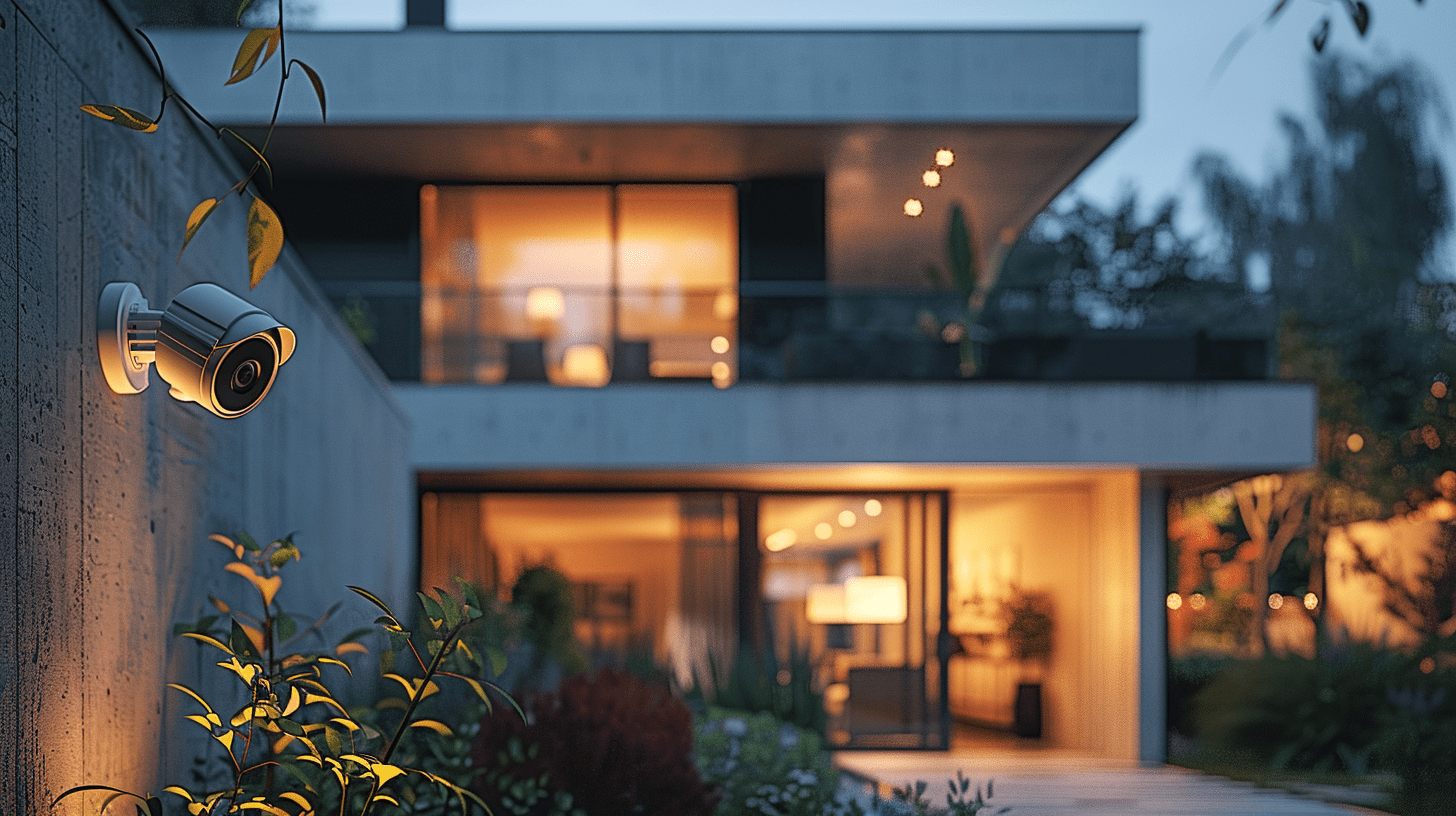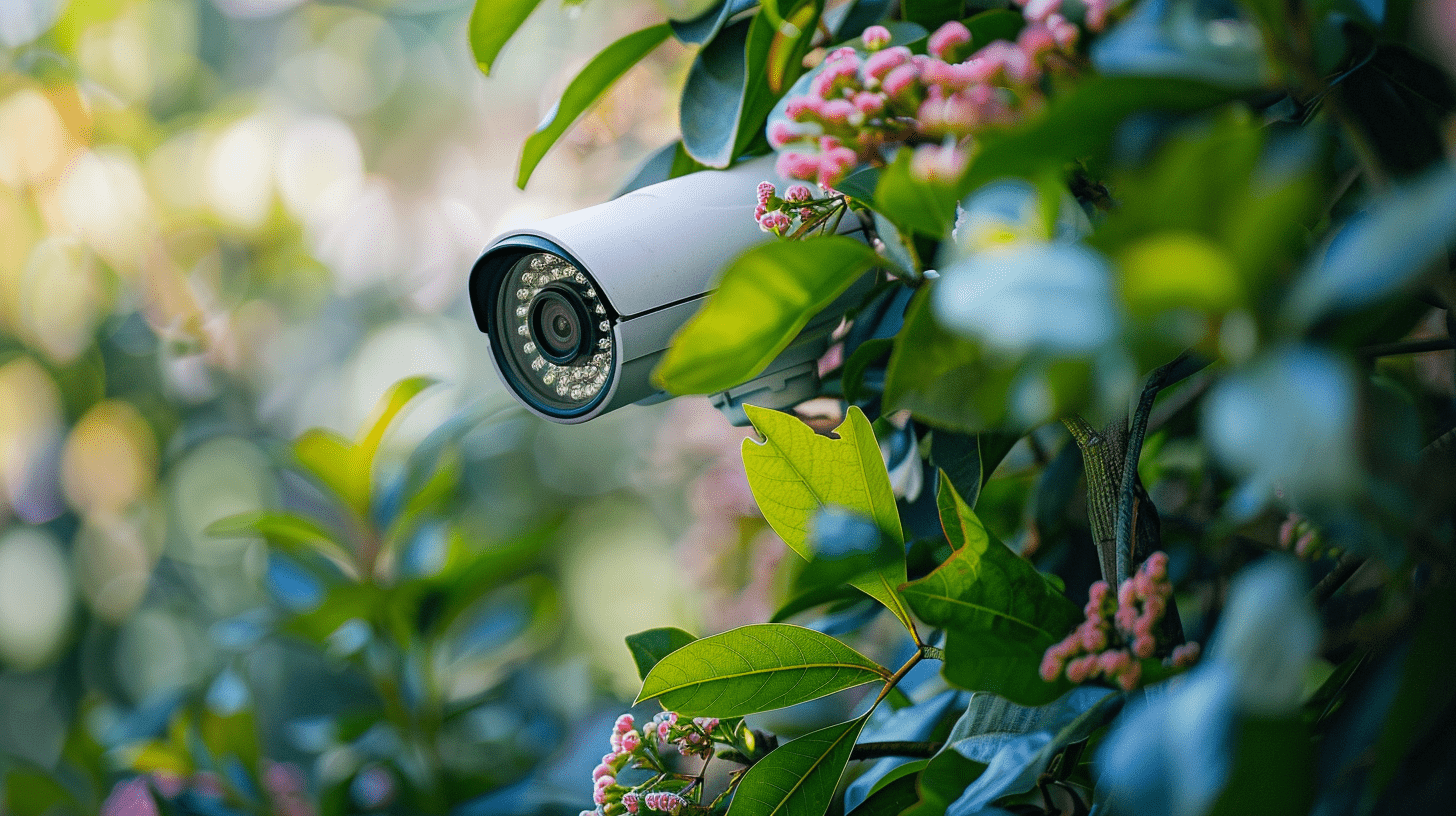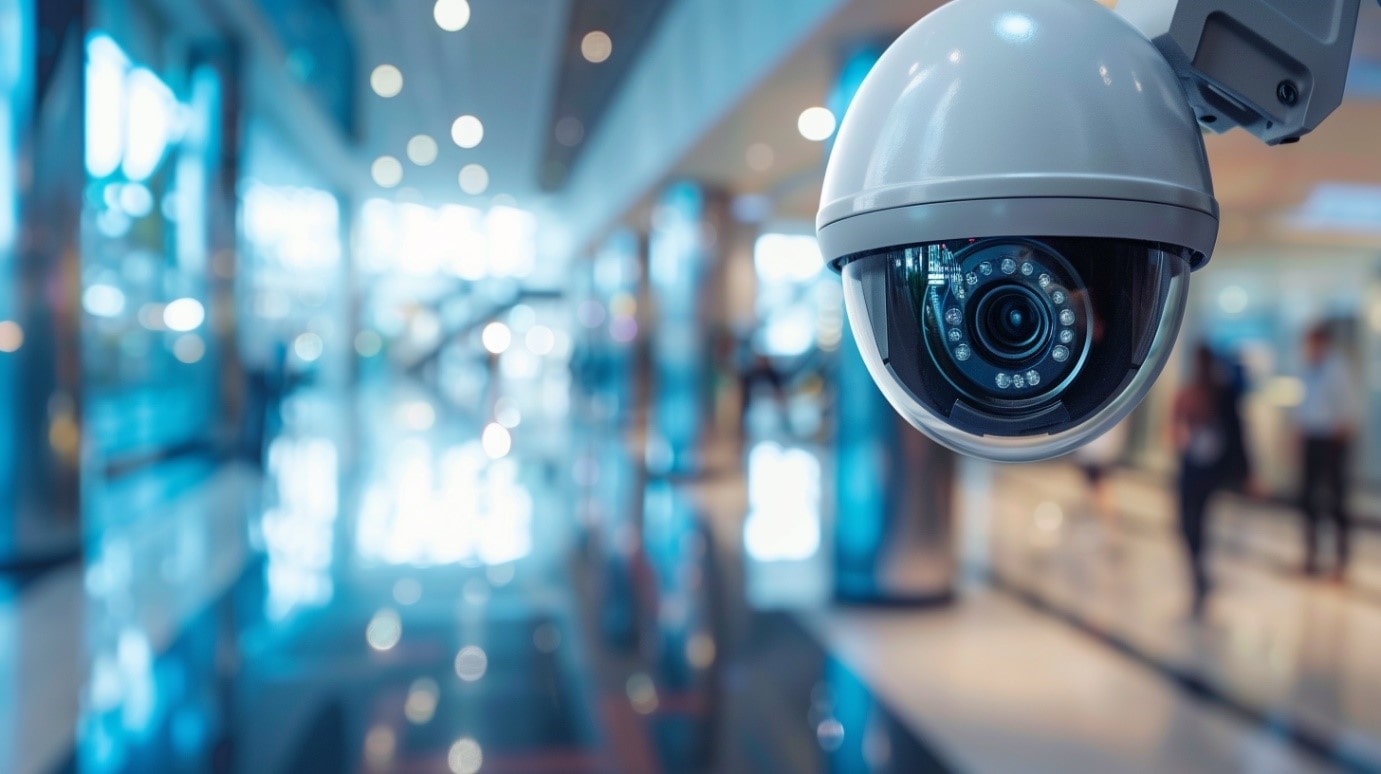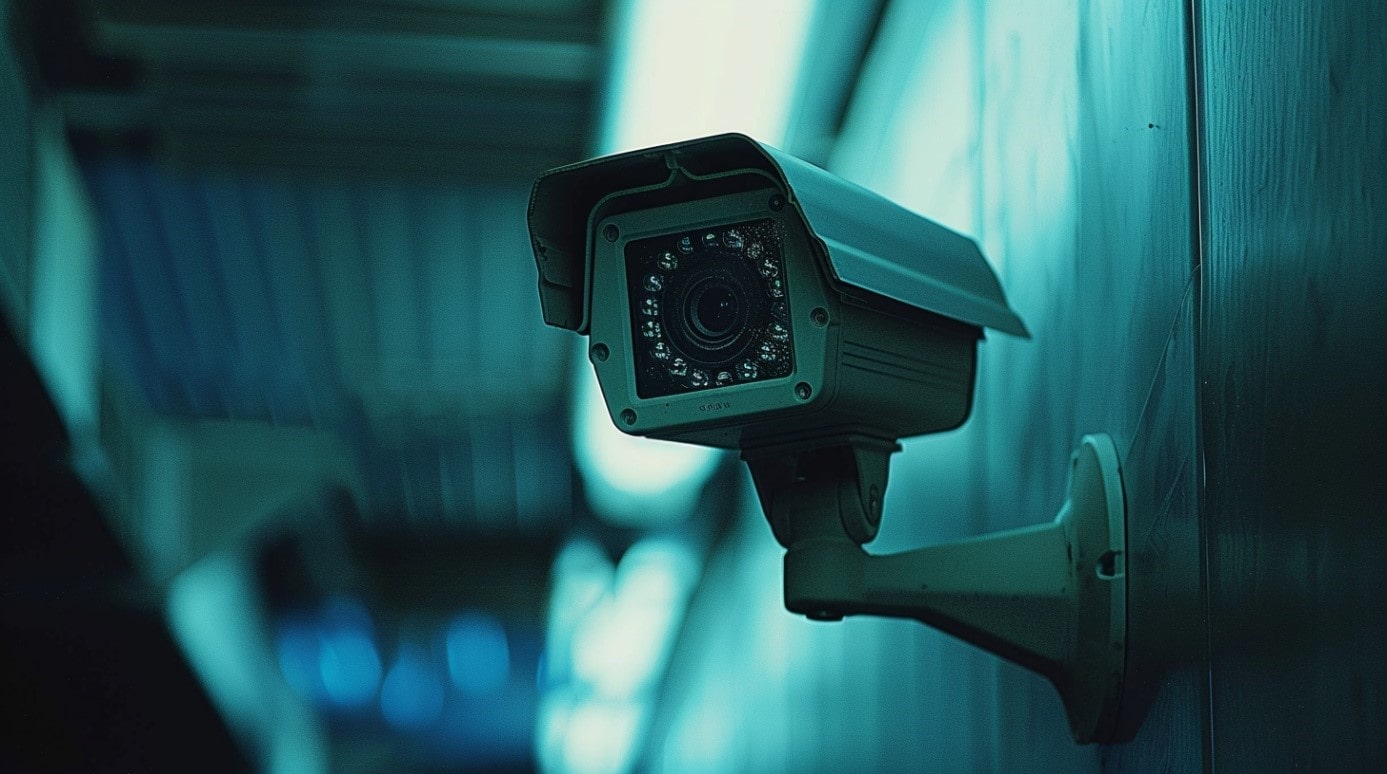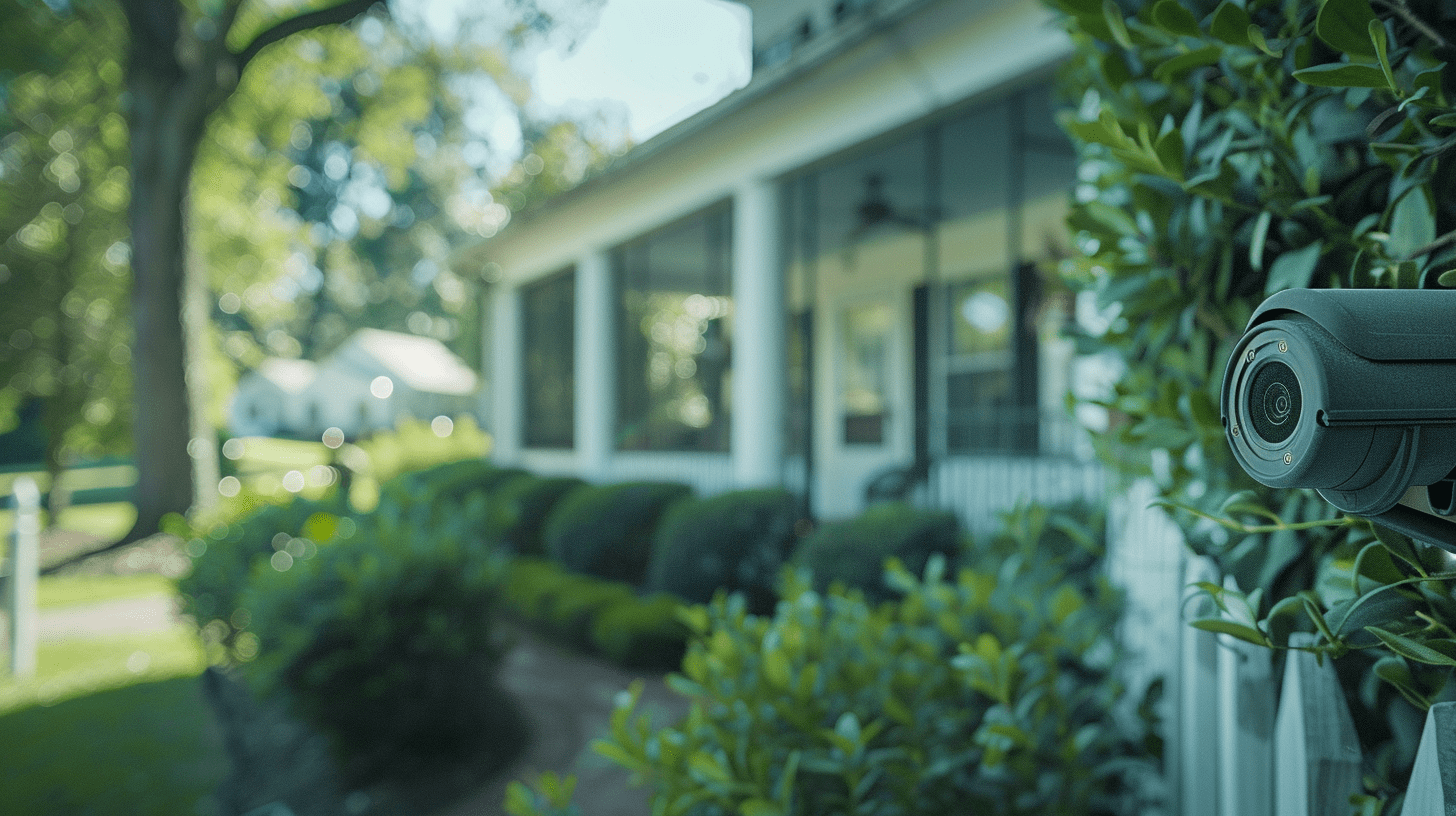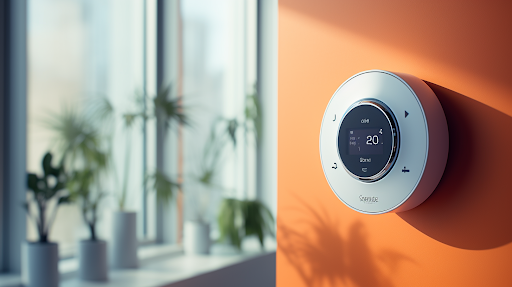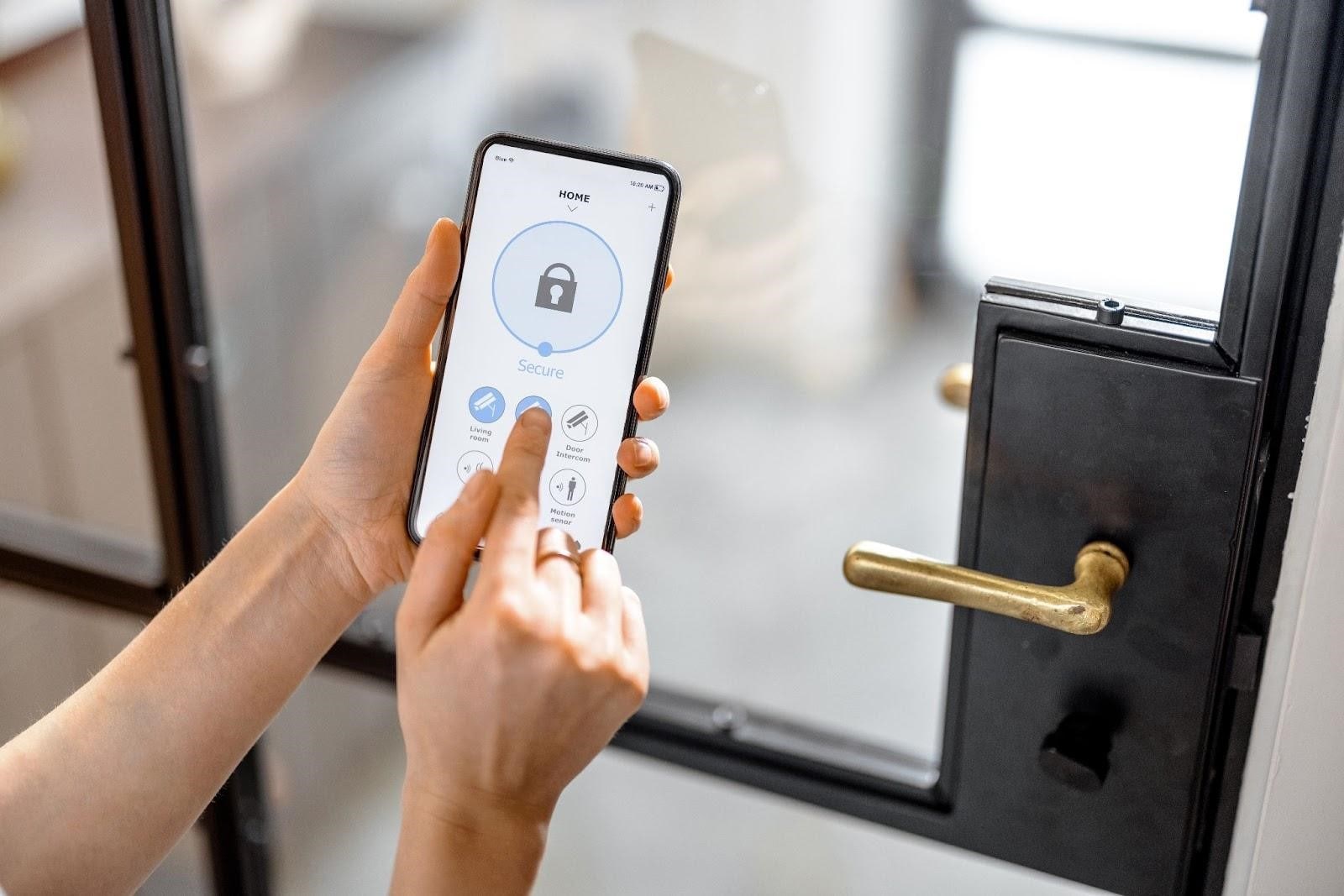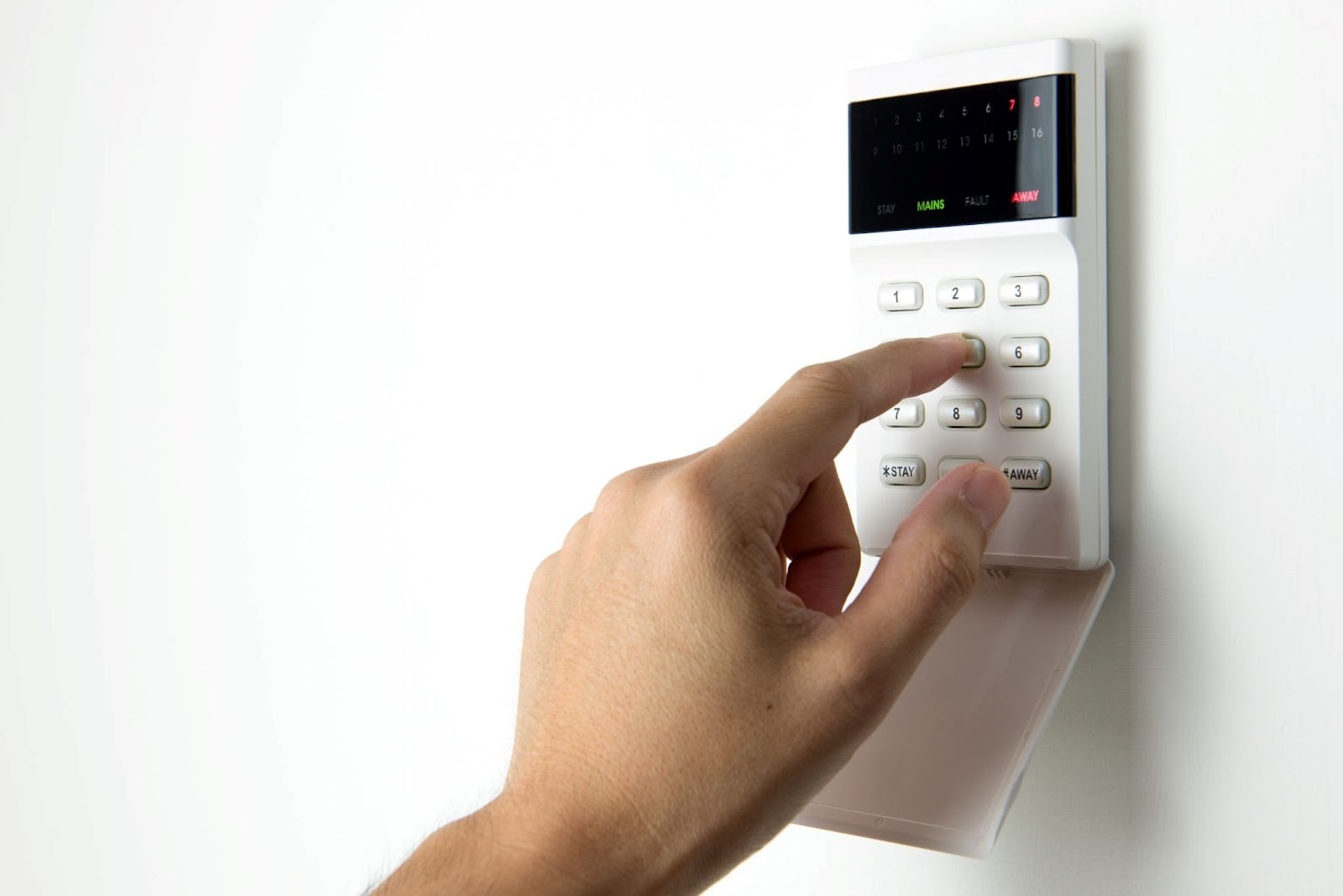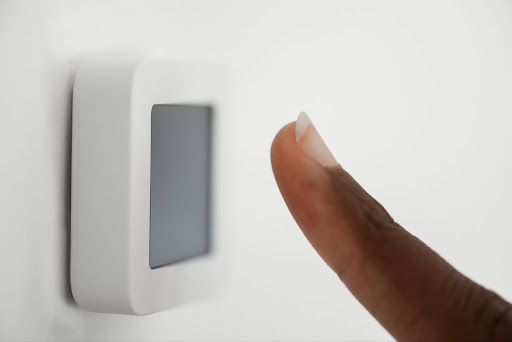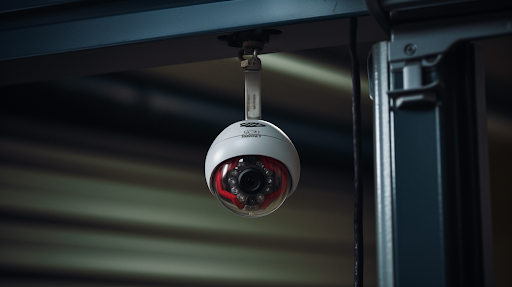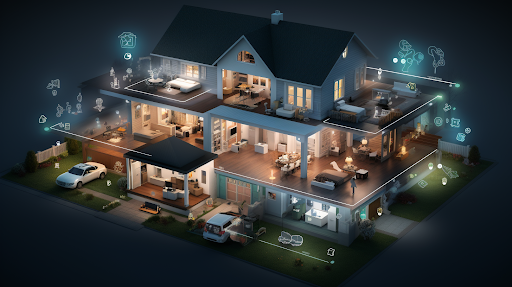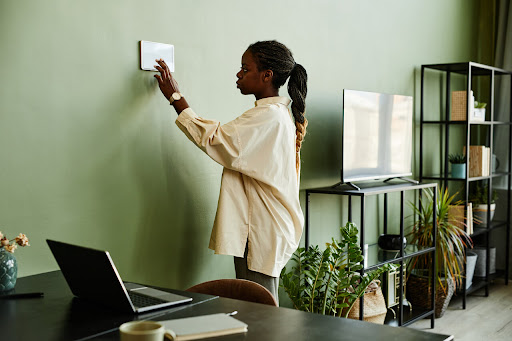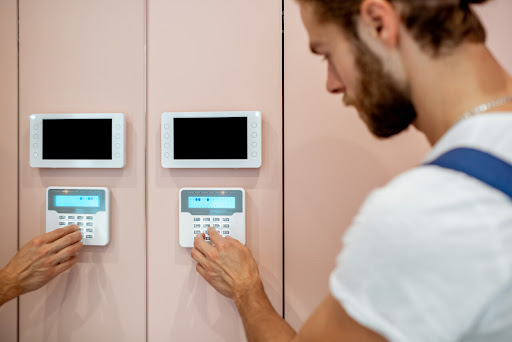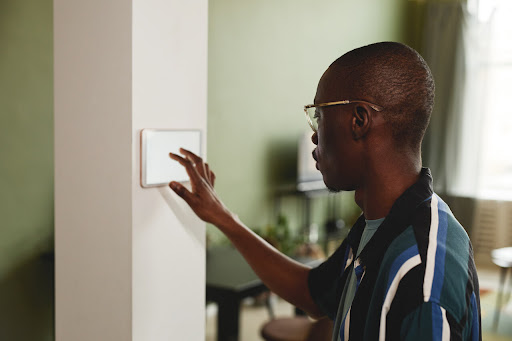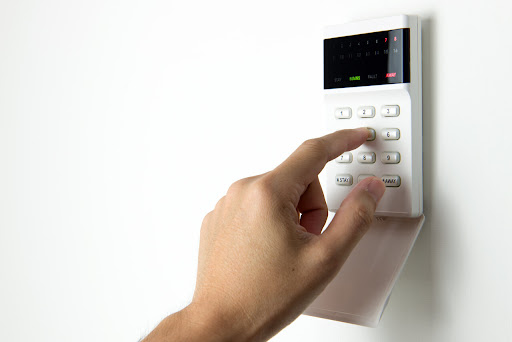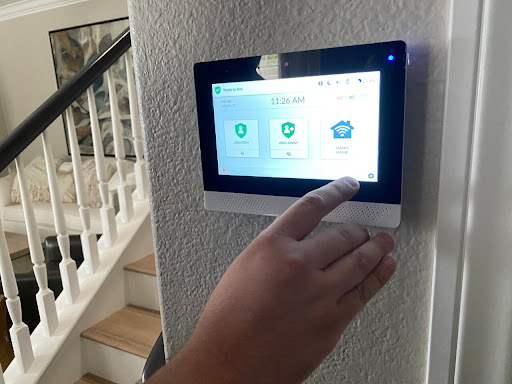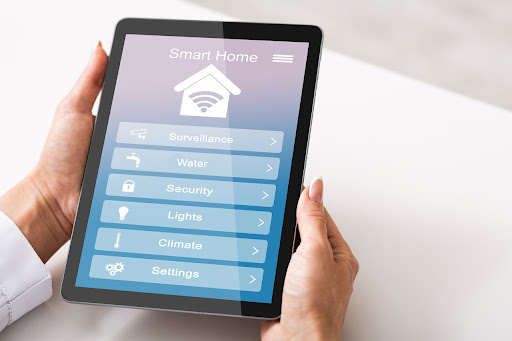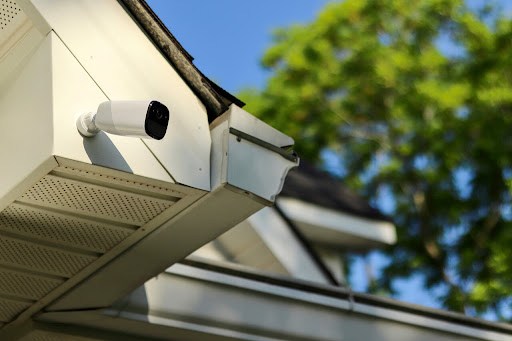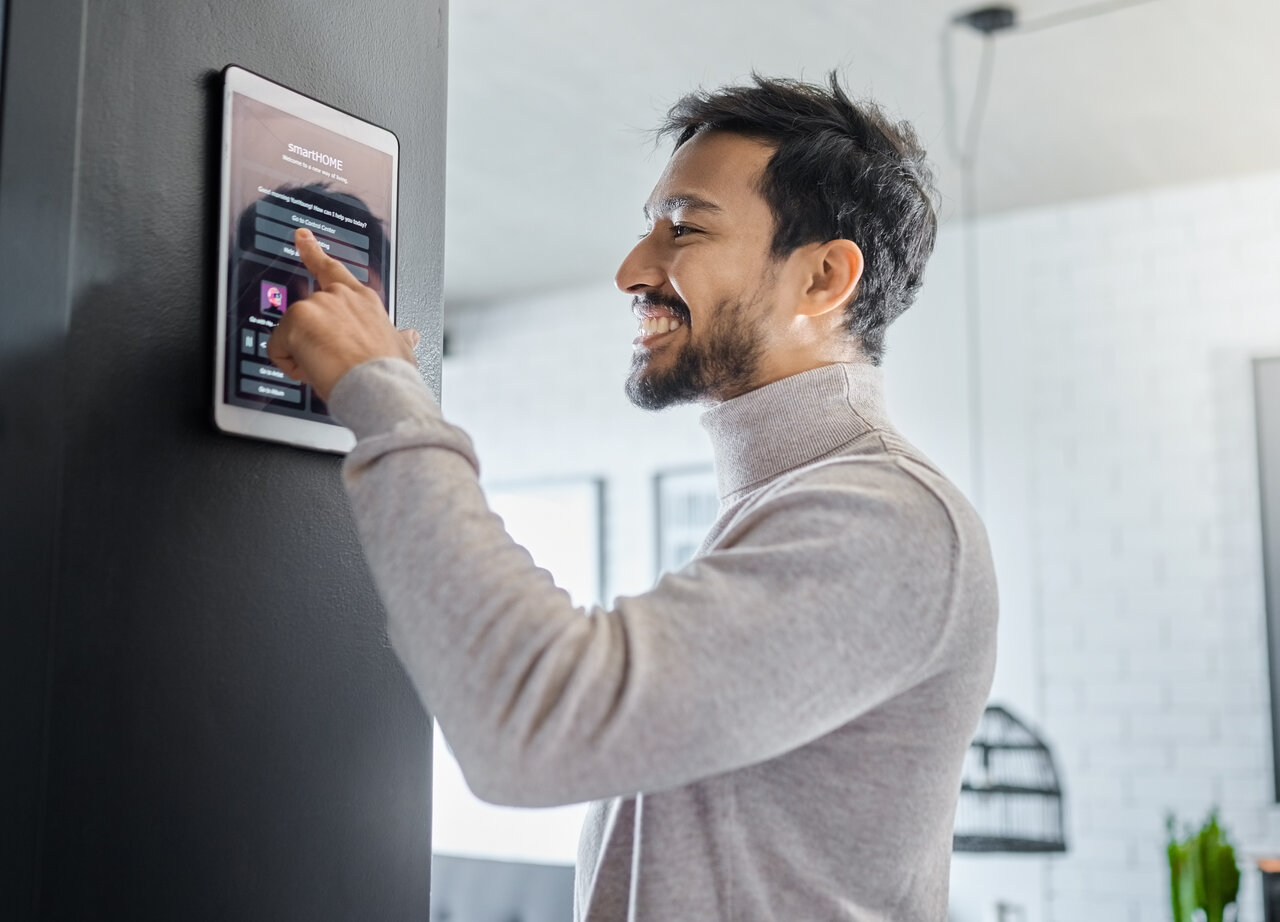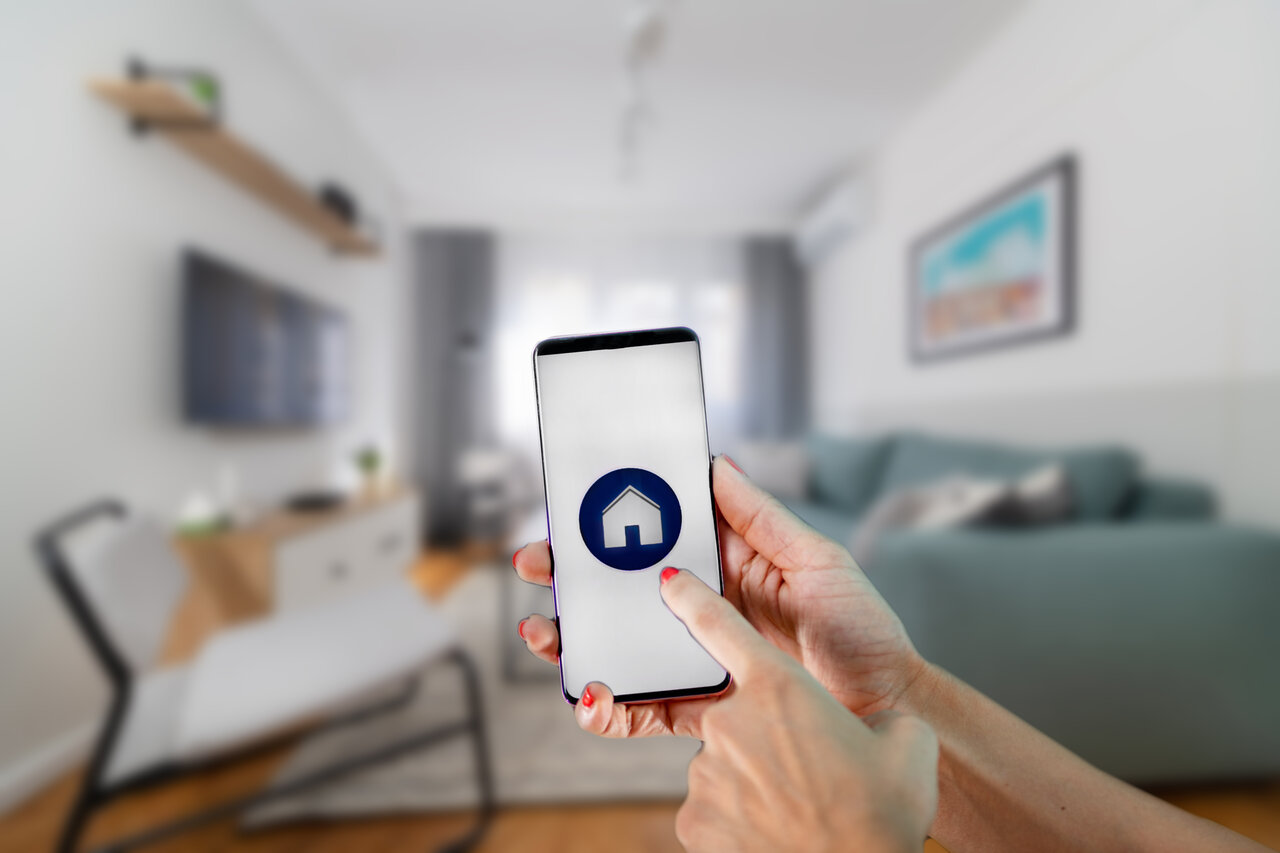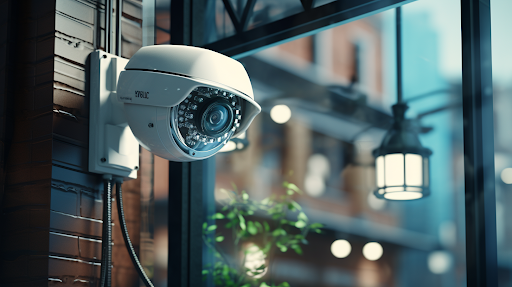
The Complete Guide to Commercial Security Systems
Sommaire
- The Importance of Commercial Security
- Components of Commercial Security Systems
- Security Cameras
- Access Control Devices
- Motion Sensors and Detectors
- Window and Door Sensors
- Installation and Maintenance of Commercial Security Systems
- Invest in a Smart Commercial Security System
- Frequently Asked Questions
In an ever-evolving world, where property control, safety, and security are paramount concerns, the need for robust and comprehensive commercial security systems is greater than ever. Whether you operate a small retail business or manage a sprawling commercial property, a wide range of security systems and technologies are available.
These systems help you safeguard your assets, protect against unauthorized access, monitor activities, and provide you with the peace of mind knowing that your property and occupants are safe. In this comprehensive guide, we explore the essential aspects of commercial security systems, including video surveillance, access control devices, installation processes, costs, and much more.
Key Takeaways
- A comprehensive security system is essential in order to protect your company from various threats.
- Some of the most important elements of a commercial security system are security cameras and motion detectors which are controlled by essential control devices.
- The most important cost considerations when installing a security system are initial costs, maintenance costs and any costs surrounding upgrades.
The Importance of Commercial Security
Commercial security systems encompass a range of technologies and measures designed to protect commercial properties, businesses, and institutions from various threats, including criminal activity, fires, and unauthorized access.
These systems are critical for maintaining the safety of employees, customers, and assets, while also deterring potential threats. Since commercial buildings are often extremely vast and house important and valuable business components, setting up a comprehensive security system is paramount in order to safeguard your business and its contents.
Components of Commercial Security Systems
Comprehensive security solutions can be configured to meet your exact security needs. Depending on the level of security you require, you can leverage any combination of the following components.
Security Cameras
Security camera systems are the cornerstone of most commercial security systems. They provide real-time video footage and recorded evidence of activities within and around the property.
- Types of Security Cameras: There are various types of security cameras, including indoor cameras, outdoor surveillance cameras, thermal cameras, box cameras, panoramic cameras, and more, each serving specific purposes.
- Video Quality: High-resolution image quality is crucial for capturing clear video evidence. Different cameras offer varying levels of image resolution.
- Video Recording: Commercial security systems often include a digital video recorder (DVR) or a network video recorder (NVR) to store and manage video footage.
- Video Verification: Some systems feature video verification, allowing security personnel to quickly assess and verify alarms.
Access Control Devices
Access control solutions restrict entry to certain areas of your property, ensuring that only authorized personnel gain access, and providing additional security measures to your building:
- Key Cards: Key cards and card readers are a common method of access control, allowing for controlled entry into specific areas.
- Digital Format: Many access control solutions use digital access codes or mobile apps for entry, which can be more secure and convenient.
- Biometric Scanners: Advanced sensors like fingerprint and retina scanners provide an extra layer of security.
- Remote Access: Many systems give property owners remote monitoring abilities to access authorized individuals or employees via a control panel or mobile device.
Motion Sensors and Detectors
Motion sensors are crucial for detecting and alerting to suspicious activity, unauthorized access, or criminal activity.
- Motion Detectors: These devices monitor a specific field or range and can trigger alarms if motion is detected.
- False Alarms: Proper installation and maintenance of motion detectors are essential to prevent false alarms.
- Environmental Sensors: Some systems include environmental sensors like carbon monoxide detectors to protect against hazards beyond criminal activity. These sensors often immediately contact emergency services for additional safety.
Window and Door Sensors
Similar to motion sensors, contact sensors are used to secure doors and windows, alerting property owners to potential breaches.
- Types of Sensors: Single sensors for doors and windows can be enhanced with advanced sensors that can detect tampering or forced entry.
- Nearby Devices: Some sensors can connect with nearby devices, such as surveillance cameras, to provide a more comprehensive view of attempted breaches.
Installation and Maintenance of Commercial Security Systems
When evaluating the implementation of a commercial security system, it’s essential to take various cost factors into consideration. The cost of a security system is not merely an expense; it’s an investment in the safety and protection of your property and assets.
Here are the primary cost considerations:
- Initial Costs: The upfront expenditure for a commercial security system can vary significantly based on your specific needs. Key components such as security cameras, access control devices, motion detectors, and the installation process all contribute to these initial costs. The complexity of your system and the size of your commercial property will play a crucial role in determining the overall expense.
- Installation Costs: Professional installation is recommended for commercial security systems to ensure proper setup and functionality. Installation costs depend on the complexity of the system, the number of devices to be installed, and the expertise required to integrate all the components seamlessly.
- Monitoring Services: Many commercial security systems include monitoring services, where a security company or a remote monitoring center keeps an eye on your property 24/7. This service comes at an additional monthly fee, which is often justified by the swift response to security breaches and the peace of mind it provides.
- Maintenance Costs: To maintain the effectiveness of your security system, regular inspections and maintenance are essential. These ongoing costs cover routine checks of hardware, software updates, and necessary repairs. Proper maintenance ensures that the system remains reliable and responsive to security threats.
- Upgrades and Expansions: As technology evolves, you may need to invest in upgrades or expansions to your security system to stay up to date with the latest security features and capabilities. This includes updating surveillance cameras, access control systems, or integrating new sensors and devices.
Invest in a Smart Commercial Security System
All businesses benefit from security systems in order to keep their assets and resources safe. Sting Security offers a comprehensive range of solutions tailored to safeguard your business or institution. With an unwavering commitment to safety and protection, we provide cutting-edge surveillance systems, access control solutions, and professional monitoring services.
Our team ensures that your property remains secure, whether it’s a small business or a large commercial facility. From state-of-the-art security cameras to access control technology, Sting Security is dedicated to delivering peace of mind and effective security measures to businesses and organizations of all sizes.
Frequently Asked Questions
How can a commercial security system reduce insurance costs?What are some common security measures to complement a security system?
Can I integrate my existing security system with new technology?
